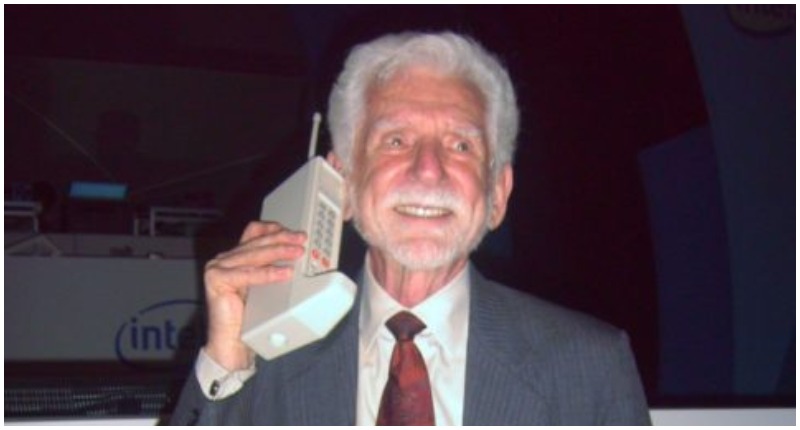We have come a long way with cell phones. With new and improved models being available in the matter of days, it seems unimaginable that there was a time when we were unable to wirelessly connect with each other at any given moment in time and space.
The phones we now have are comfortable, lightweight and offer us not only to communicate but to use them for pleasure. They have become our everyday companions.
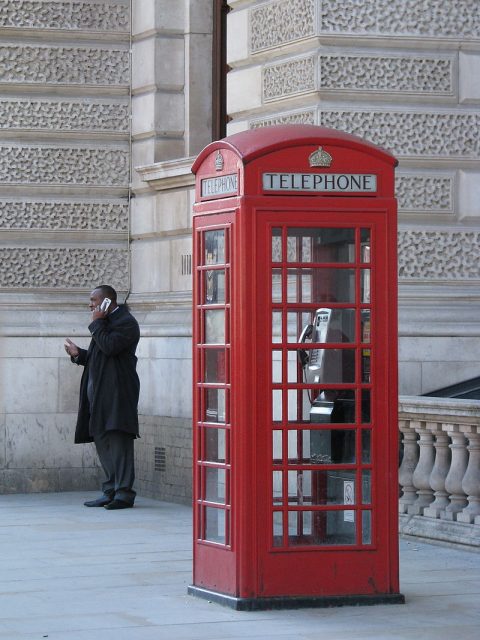
However, the history of cell phones is not very long. The first prototype was developed just 46 years ago, in 1973, and it was far from what we currently think of when we talk about cell phones.
The device weighed around 2 pounds and its battery lasted no more than 20 minutes. The “shoe” phone, almost as big as a shoe box, required 10 hours to recharge.
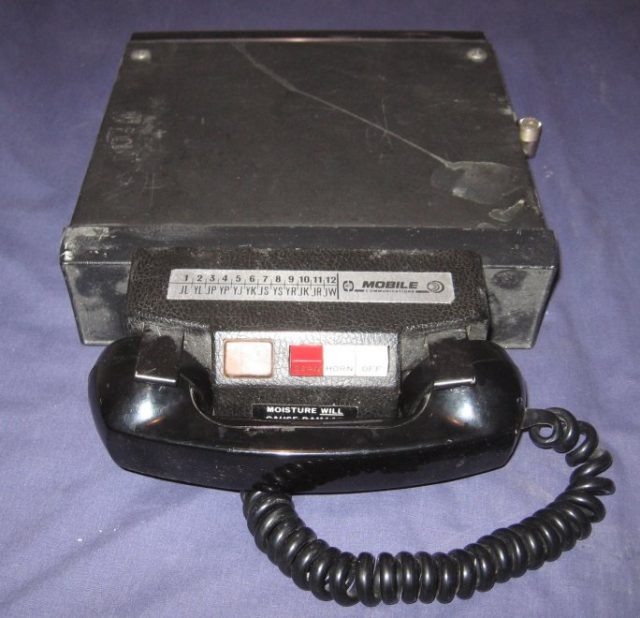
A former Motorola engineer, 89 year old Martin Cooper played a crucial part in cell phone history. He was and still is a technology enthusiast, still dreaming of potential new inventions that would connect us to our phones even closer.
He shared with Reuters “Our dream was that someday nobody would talk on a wired telephone. Everybody would talk on a wireless phone.” With three billion people using cell-phones today, his dream is not far from reality.
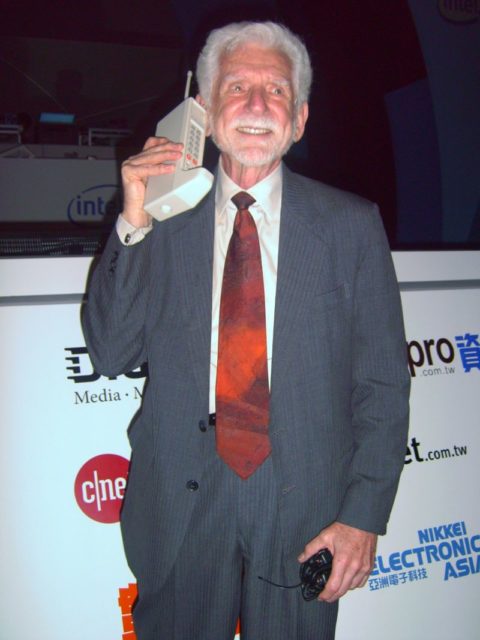
Cooper is now regarded as a father of the cell phone thanks to an event that took place on April 3, 1973. As he walked on Sixth Avenue in New York, between 53rd and 54th street, Cooper made the first ever wireless call.
As science and technology almost always involve competition that gives an extra push to inventions, Cooper naturally decided to call his main rival Joel Engel, who worked at Bell Labs.
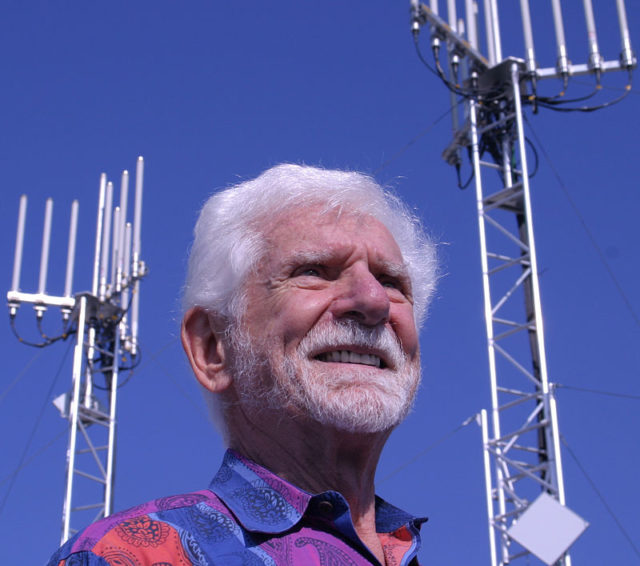
In an interview for the BBC, Cooper shared the first words ever spoken on a cell phone: “Joel, I’m calling you from a ‘real’ cellular telephone. A portable handheld telephone.” Joel did not say a word, there was only silence on the other end of the line. Cooper shared with Bloomberg, “To this day, Joel doesn’t remember that call, and I’m not sure I blame him.” It must be that the shock of finding out that he had lost the battle blacked out his memory.
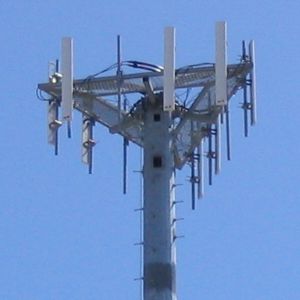
The successful call only strengthened Cooper’s will-power to continue doing what he was doing, and he continues to do so even deep into old age. He is never short of dreams for the future when it comes to technology.
In his dream that maybe sounds like science fiction, he expects we will soon have cell phones embedded in our bodies. Cooper thinks this could have many benefits for our health and well-being.
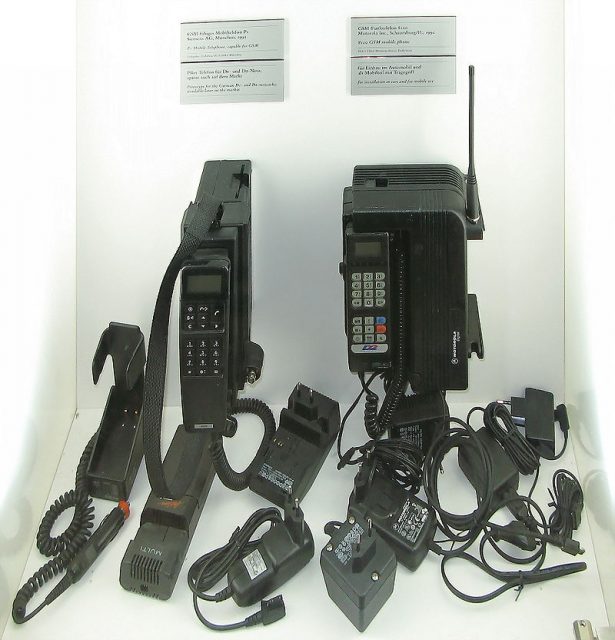
He is quoted by Reuters as saying, “Just think of what a world it would be if we could measure the characteristics of your body when you get sick and transmit those directly to a doctor or a computer. You could get diagnosed and cured instantly and wirelessly.”
His work proves that maybe this is not far from becoming our reality. After all, when he was developing the first cell phone, no one believed he was going to make it.
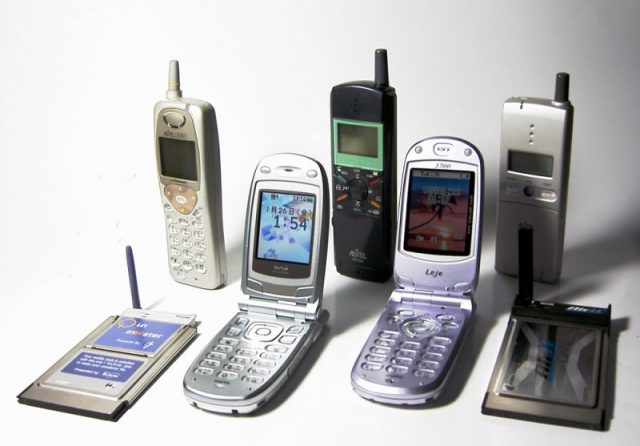
In his view, people are always skeptical and conservative when it comes to technological progress. Nevertheless, his breakthrough is proof that some advances are unstoppable and become more than accepted with the passing of time.
Read another story from us: Lucille Ball is the Reason we have ‘Star Trek’
In the interview with the BBC, when asked about the drive the compels him to still be working, Cooper answered, “What else is there in life but to accomplish things and to do things?” He added, “as long as I have the ability to make a contribution, I am going to keep going.”
